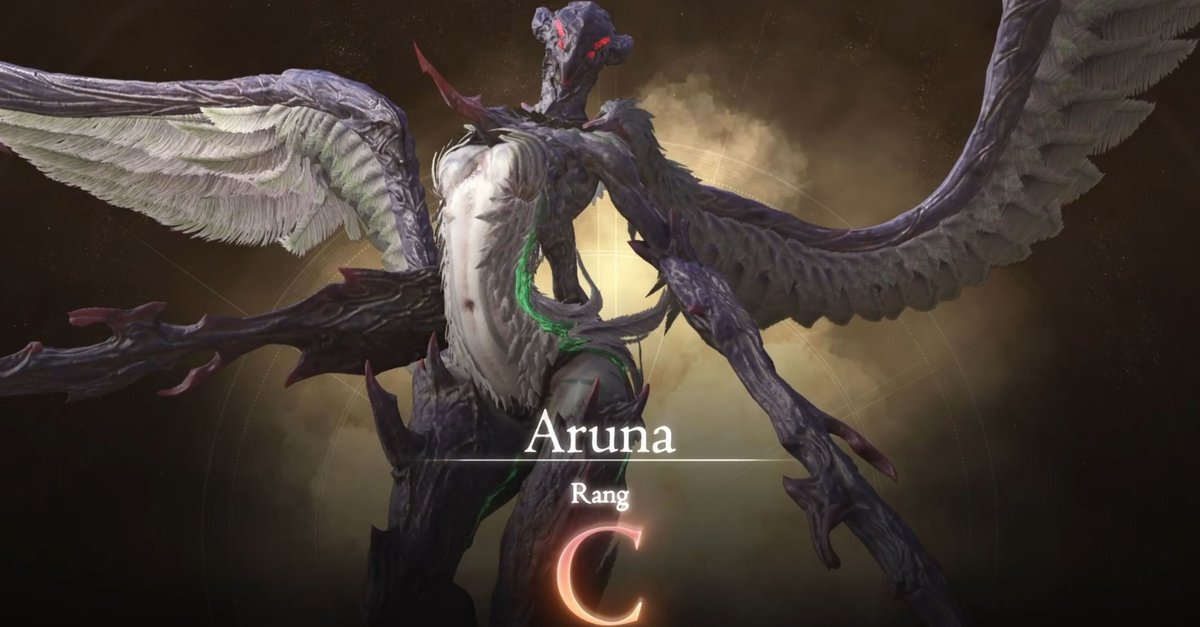This is how TikTok restricts freedom of expression in Germany
In Germany, TikTok apparently uses word filters in a targeted manner to censor certain content. The Chinese parent company Bytedance is thus restricting freedom of expression in this country. This is based on a joint research by NDR, WDR and the daily News out.
Entertaining short videos about music have made TikTok what it is today: one of the most popular social media apps around. The platform therefore also plays a major role in the music industry. In the meantime, however, videos on all kinds of topics are circulating on TikTok – including political ones.
Critics also repeatedly accuse the parent company Bytedance of failings in terms of child and youth protection. A common research from NDR, WDR and the Tagesschau has now revealed that the video platform apparently censors certain content in a targeted manner.
TikTok restricts freedom of expression using word filters
According to this, TikTok withheld at least 20 words in September 2022 – including “cannabis”, “LGBTQ”, “homo” and “sex”. According to research, the platform did not publicly post comments matching any of the 20 terms under a video in multiple tests.
The researchers tested more than 70 word combinations with different test accounts. Other terms TikTok appears to have blocked also include: “drugs,” “gas,” “Nazi,” and “porn.” In addition, the group at least partially restricted certain words – including content on “climate crisis”, “climate change” or “Ukraine”.
A company spokeswoman told Tagesschau that TikTok uses systems that “proactively look for comments that violate our policies or constitute spam behavior.” However, looking at the investigation, she admitted:
In this case, comments that didn’t violate our Community Guidelines were incorrectly flagged as potentially harmful.
Flawed transparency: TikTok does not inform users about censorship
As early as March 2022, research by WDR, NDR and Tagesschau revealed that TikTok uses word filters to censor content. Even then, the platform restricted harmless posts and thus freedom of expression. The company explained that its own approach was not goal-oriented and that it was working flat out to improve it.
But both then and now, TikTok apparently blocked content indiscriminately based on certain keywords. This can be highly problematic and constitute an encroachment on freedom of expression. Because TikTok not only prevents potential hate comments, but also neutral or educational content that only contains a certain word.
Another problem: TikTok does not explain to its users if, when and why content was blocked. On the contrary: the platform gives the impression of having published the comments. This method is also called shadow banning. Users cannot be sure whether only they or others can see their comments.
Also interesting:


